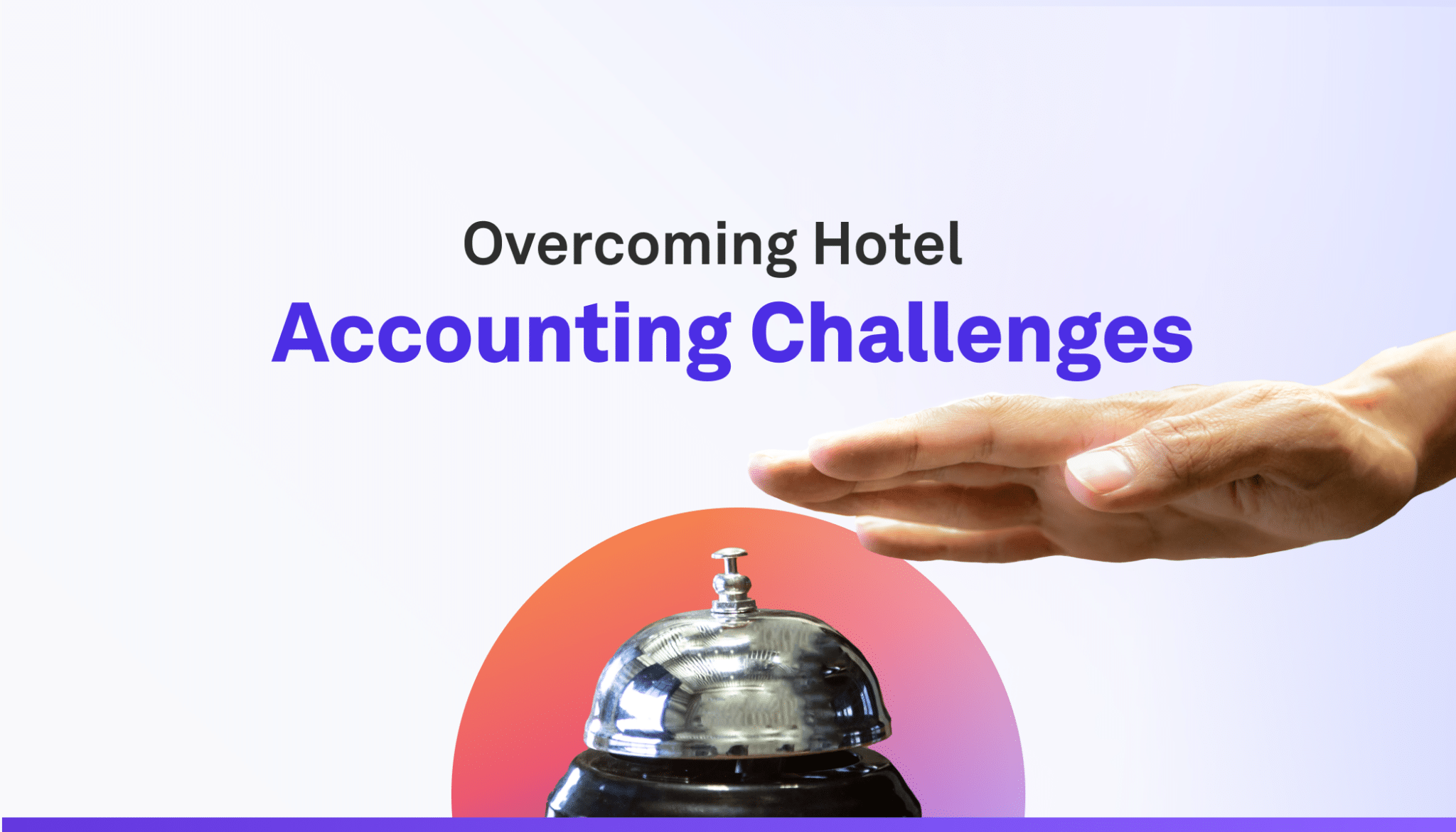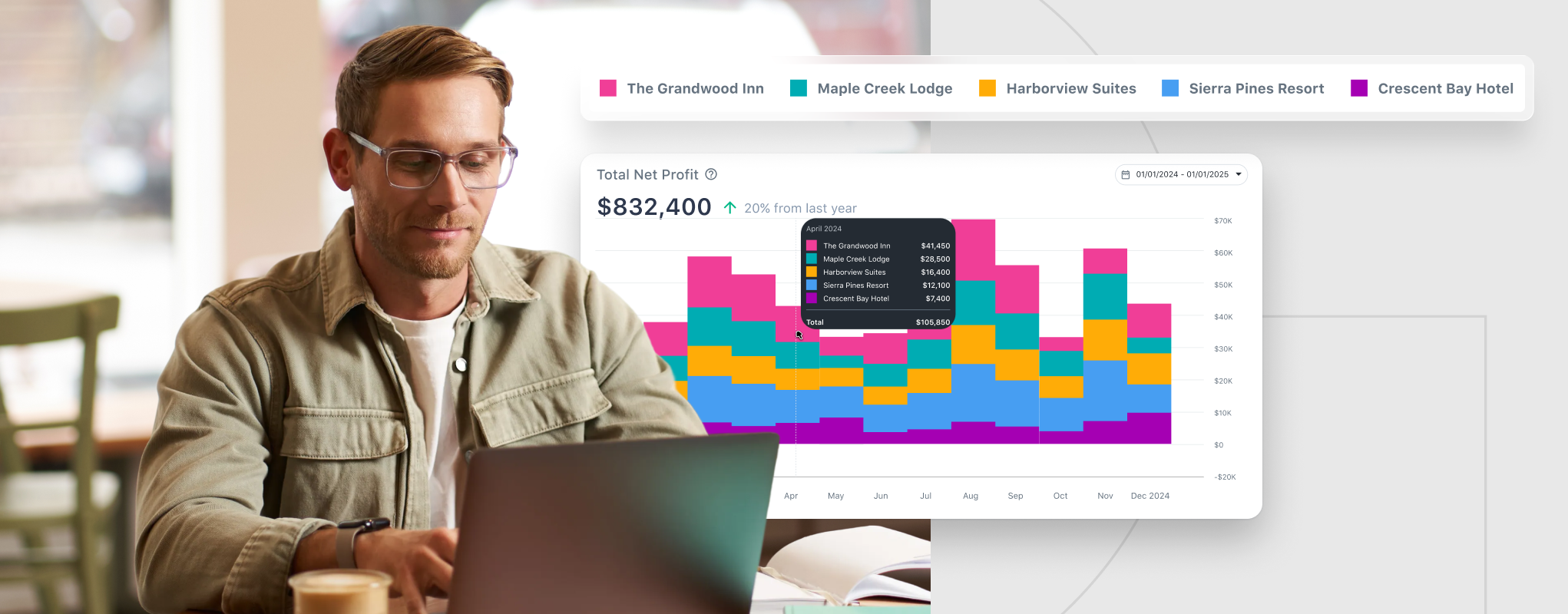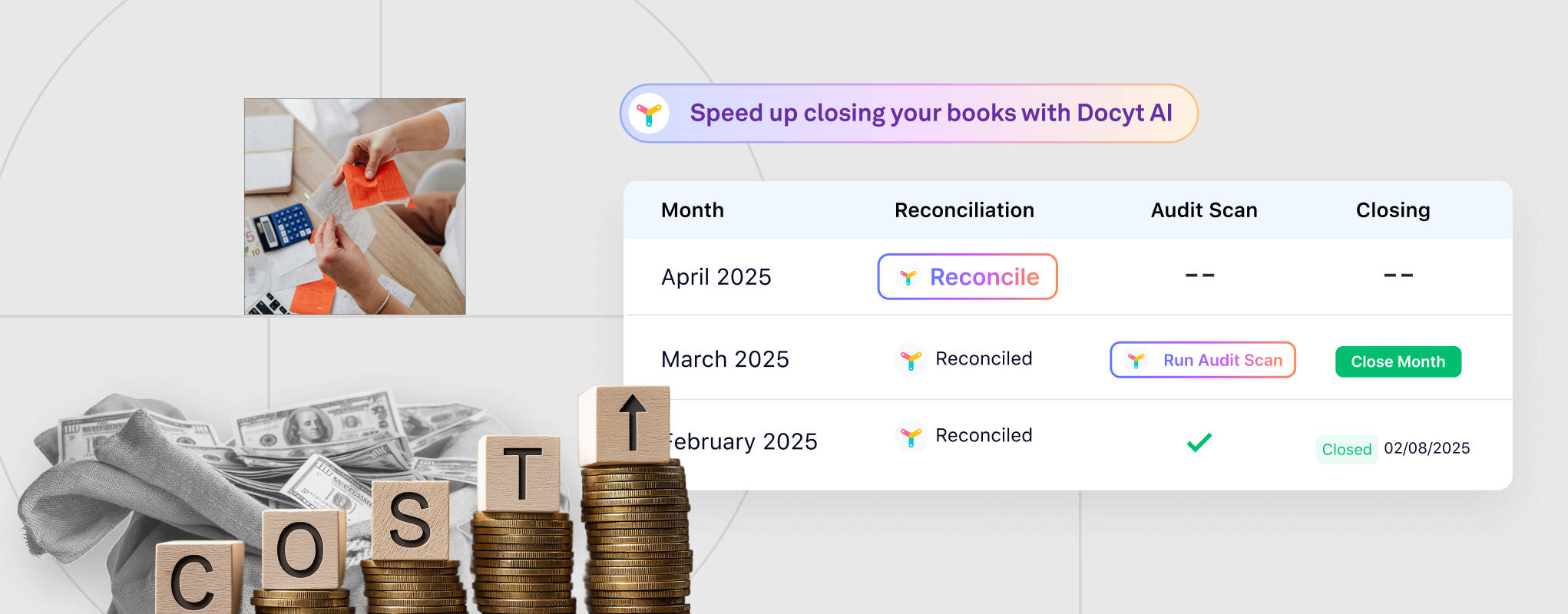Running a hotel business in 2023 comes with its own set of accounting challenges. From rising labor costs to the threat posed by Airbnb and short-term rentals, hotel owners and managers must navigate a complex financial landscape. Additionally, finding affordable accounting services and making informed financial decisions about each property in multi-entity businesses add further hurdles. This article will delve deeper into these common challenges, providing practical solutions to help hoteliers navigate and overcome each obstacle.
Labor Costs
Challenge:
Solution:
Implement innovative technological advancements.
One of the primary challenges for hotel owners in 2023 is the rising cost of labor. With increasing hourly wages and a diminishing pool of skilled workers, operating a profitable service-intensive business has become more challenging than ever. However, innovative technologies are constantly emerging to strike the right balance between efficient service and labor expenses. For example, automated robots can deliver amenities to guest rooms. This alternative not only streamlines operations but minimizes human labor costs. Touchless check-in systems and mobile room keys have also gained popularity. This technology allows guests to check in from a kiosk or their own mobile phones and access their guestrooms without the need for staff assistance. By leveraging these technological advancements, hotel owners can reduce labor expenses without sacrificing exceptional guest experiences. These advancements have also made it extremely convenient for guests to receive immediate services even if it’s self-serve.
Accounting Services
Challenge:
Accessing accurate, insightful, and industry-relevant financial information when you need it most.
Solution:
Leverage AI-powered accounting automation software tailored to the hotel and hospitality industry.
Accurate and timely financial insights are crucial for effective decision-making. However, finding staff accountants with expertise in the unique aspects of the hotel and hospitality industry and the rising costs of outside accounting services make it harder to manage financial operations efficiently. To tackle this challenge, savvy hotel owners are turning to AI-powered automation software designed with industry-specific hotel accounting standards and real-time insights into financial data. Tools like these empower hoteliers with the knowledge needed to make informed decisions about their businesses.
For example, Docyt, a trusted lodging and hotel industry partner, offers AI-powered accounting software tailored to the Uniform System of Accounts for the Lodging Industry and provides USALI financial statements on demand. By leveraging this powerful technology, hoteliers can unlock critical information, even during uncertain times like the COVID-19 pandemic. Hotels using this technology had immediate access to accurate financial reports giving them the information they needed to apply for life-sustaining resources from the Small Business Administration, such as a Paycheck Protection Program, also known as a PPP loan. Control over industry-optimized reporting also enhances the likelihood of securing growth capital from lenders and government agencies.
Short Term Rentals & Airbnb Threat
Challenge:
Combatting increased competition from the short-term and vacation rental markets.
Solution:
Embrace hybrid operations and the accounting system to manage them.
The rise of Airbnb and short-term rentals has posed a significant threat to the traditional hotel industry. However, a closer examination reveals that hotels can compete with alternative accommodations by adapting their offerings. Many travelers now seek the convenience, reliability, and consistent experiences that hotels provide. Savvy hotel owners can leverage this shift in consumer preferences by incorporating short-term rentals into their portfolios. By managing a diversified operation that includes both hotel rooms and short-term rentals, owners can tap into a broader market and increase profitability. Nonetheless, managing both the financial and non-financial metrics of such a hybrid operation requires careful tracking and analysis, ideally with a system that can offer customizable control. By monitoring key financial metrics and distributing labor effectively, hotels can manage costs and optimize revenue to maximize the potential of their entire portfolio.
Strategic Multientity Decision-Making
Challenge:
Knowing when (or if) to downsize your portfolio.
Solution:
Maintain a clear and concise financial picture of your consolidated portfolio and each individual business in it.
As a seasoned hotel owner or manager, you may find yourself juggling multiple business entities within your portfolio. Determining when to sell a particular business can be a complex and strategic decision. The key factor in making this determination lies in analyzing the return on capital investment. By maintaining good financial hygiene and understanding the return on investment capital for each individual business operation, you can evaluate their performance and profitability. Armed with this knowledge, you can make informed decisions about consolidating, expanding, or reducing your portfolio. Additionally, having a clear understanding of the financial health of each entity enables you to negotiate buying or selling rates, ensuring that you optimize the value of your assets.
Wrap-Up
In the dynamic landscape of the hotel industry in 2023, hotel owners and managers face significant accounting challenges. However, with the right strategies and tools, these challenges can be overcome. By leveraging technology and automation, such as deploying robots for guest room amenities or implementing touchless check-in systems, hotels can reduce labor costs while maintaining exceptional guest experiences. Additionally, AI-powered accounting tools like Docyt provide real-time insights and industry best practices, enabling better financial management and access to crucial support during times of uncertainty or when preparing for certain events. Incorporating short-term rentals into a hotel’s portfolio allows for greater market reach and increased profitability. By analyzing the return on capital investment, hotel owners can make strategic decisions about selling business entities and optimize the value of their assets.
Navigating these challenges requires a balance of innovation, data-driven decision-making, and financial acumen. Hotel owners and managers who proactively address these challenges will position themselves for success in 2023 and beyond. By staying ahead of labor cost trends, leveraging technology, embracing hybrid operations, and making strategic decisions about their portfolio, hoteliers can thrive in the fast-paced competitive hospitality industry while maximizing profitability and guest satisfaction. With the right tools and mindset, hotel accounting challenges can be transformed into opportunities for growth and success.




